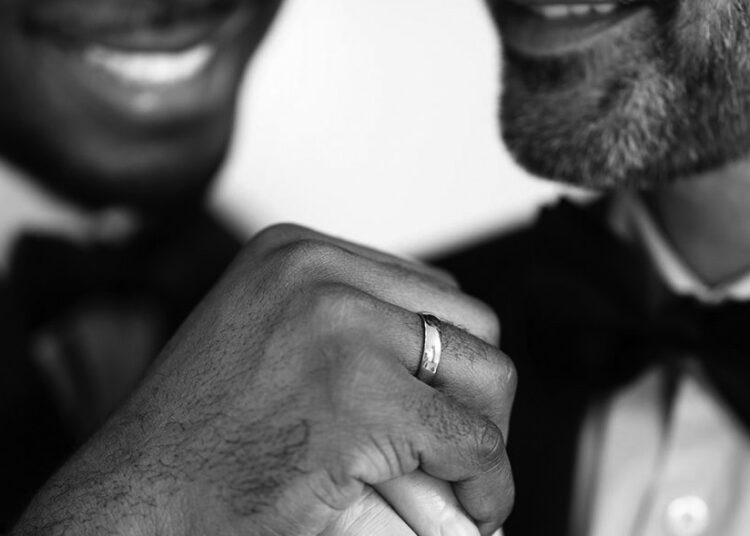A Namibian High Court on Friday struck out the African country’s colonial-era laws criminalising same-sex relationships in a victory for the LGBTQ community.
The court in Windhoek declared the crimes of “sodomy” and “unnatural sexual offenses” as “unconstitutional and invalid” in a ruling hailed by the LGBTQ rights groups.
“We are not persuaded that in a democratic society such as ours, it is reasonably justifiable to make an activity criminal just because a segment, maybe a majority of the citizenry consider it to be unacceptable,” the judges wrote.
A London-based Human Dignity Trust has hailed the ruling, describing it as “historic”.
The ruling annuls seldom applied statutes from 1927 that Namibia inherited from the colonial period but chose to uphold after gaining independence from South Africa in 1990.
“Because of this decision, I no longer feel like a criminal on the run in my own country simply because of who I am,” said Friedel Dausab, the activist who brought the case.
The United Nations AIDS program, UNAIDS, said the ruling marked a “significant victory for equality and human rights”.
“This decision is a powerful step towards a more inclusive Namibia,” said Anne Githuku-Shongwe, UNAIDS regional director for East and Southern Africa.
“LGBT Namibians can now look to a brighter future,” said Chief Executive, Tea Braun while reacting to the judgement.
The verdict comes against a backdrop of growing intolerance towards the LGBTQ rights in southern Africa.
While a handful of African countries have legalised same-sex relationships, South Africa remains the sole African nation that has allowed gay marriage since 2006.





